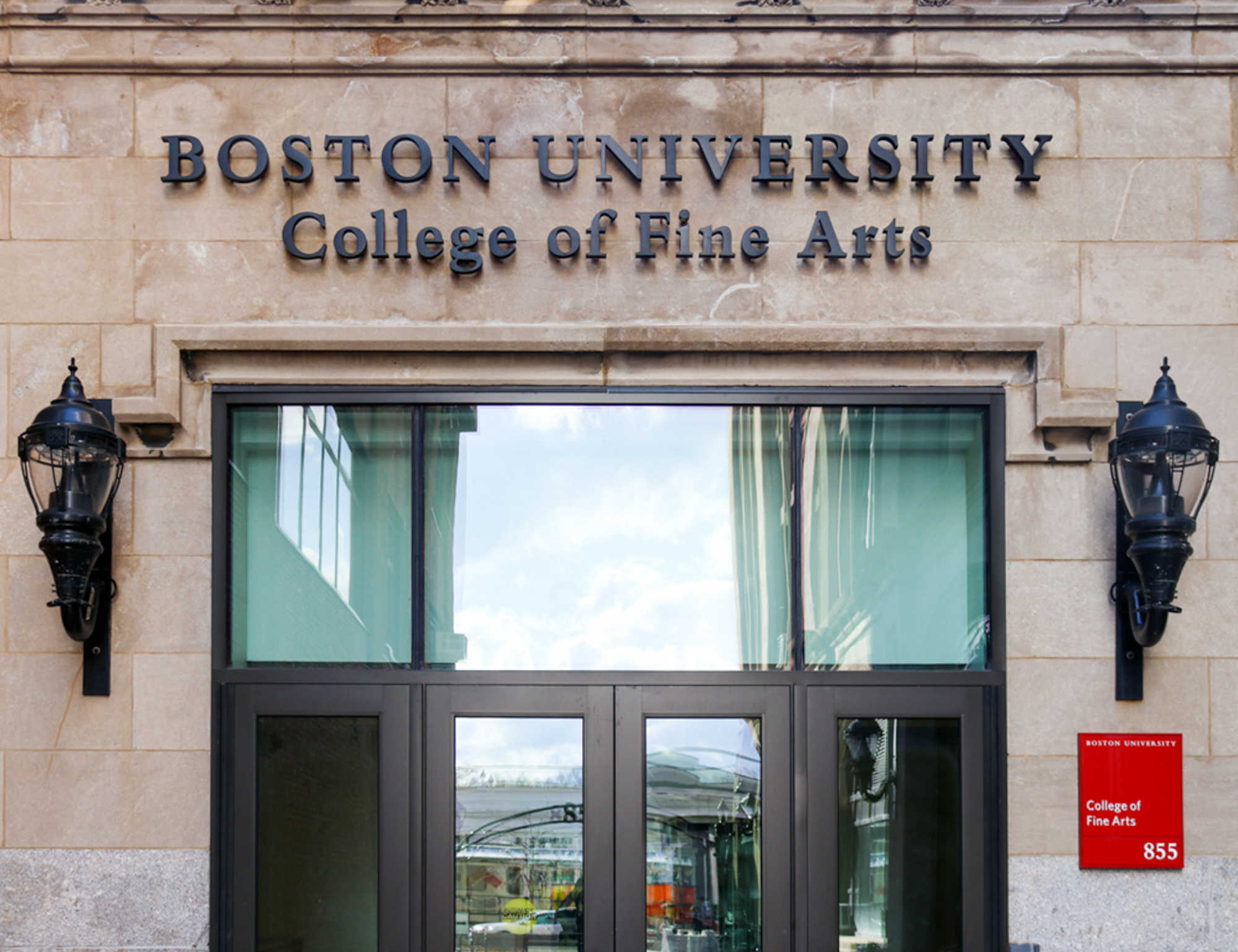Boston University President Melissa Gilliam announced the formation of the Presidential Advisory Council on the Arts during her inauguration on Sept. 27.

The council, led by College of Fine Arts Dean Harvey Young, aims to elevate the presence of the arts on campus and transform BU’s art programs.
“At a time when our hearts are made heavy by the world’s sorrow, arts and creativity can connect us and help us see our shared humanity,” Gilliam said during her inauguration speech.
Young said although BU already has a strong arts program, the council’s mission is to “keep climbing.”
“Our president, Melissa Gilliam, understands the power of the arts to bring people together and to inspire creativity and innovation across all disciplines,” Young said. “The charge is to dream big, to not impose limits and to imagine how the arts can be truly transformative.”
The council’s first-year goal is to outline a vision for the University’s future in the arts. This includes sharing big ideas and ambitious proposals “that could chart that pathway towards eminence,” Young said.
“By the time the recommendations have been implemented of the advisory council, people will be able to have daily experiences with art, regardless of where they are on campus,” he said.
However, not all students are sold.
Kelly Guo, a senior in CFA, said the announcement “felt like fluff.” She added that it is difficult to “imagine the outcome” and feels the council is not “too promising.”
“I’m definitely still hopeful about it because obviously we do need more highlights on the arts,” she said. “But the council is made up of staff and current people in higher administration, which I don’t think is a great representation of the student body.”
Guo said she would like the council to focus on increasing access to resources for CFA students and to be “proactive in hearing voices” from the student body.
“For someone in visual arts, we spend hundreds of dollars on our supplies,” Guo, a graphic design major, said. “Visibility with art is important, but just because people are seeing the art, doesn’t mean that … it will help the student’s career.”
The formation of this council is rooted in the University’s historical ties to the arts. The College of Music was the second program established at BU, making arts “part of the DNA of BU,” Young said.
The council’s work will extend beyond campus, as they will work to expand the University’s arts outreach, he said.
“Currently, we have 14,000 schoolchildren who experience theater for the first time by going to BU productions,” Young said. “That’s a huge, massive, amazing number that I’m proud of, but imagine that number is even greater.”
Elana Harris, interim managing director of the BU Arts Initiative, which offers grants, awards, course support and interdisciplinary arts programming, said she hopes the Arts Initiative will collaborate with the council.
“Our office and our mission are directly in line [with] what [Gilliam] wants and envisions for Boston University,” she said. “We are very excited to help continue and push that dream and really make sure that everyone on campus is engaged with the arts in some shape or fashion.”
Harris said these efforts to increase the presence of art on campus would “beautify” BU and serve as an “invitation” for the community to engage with the university.
Sophomore Catherine Langworth said the council is a “good thing” to increase visibility for student artists.
“It’s sometimes hard to break into the industry,” Langworth said. “Having a council who might be able to facilitate that, it could be easier for people to break in and get their work out there.”
Despite her concerns, Guo said increased visibility could help build connections between CFA students and the greater BU community.
“There’s more [of] a sense of excitement when we’re getting an audience of people who are our own age, rather than a bunch of teachers or a bunch of alumni,” Guo said. “Building an opportunity for the everyday BU students to engage with CFA students will be a lot more meaningful.”


















































































































